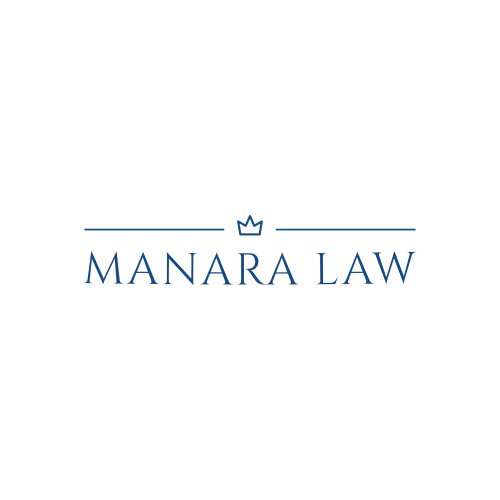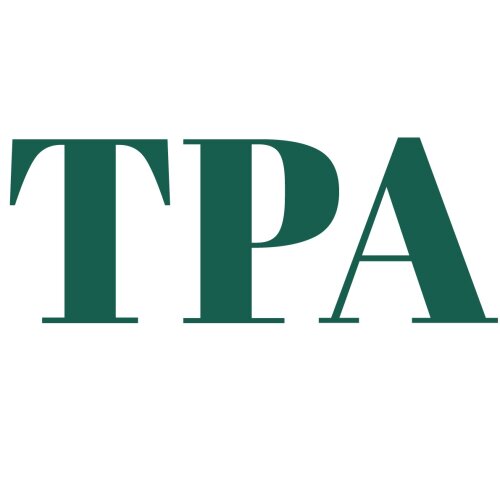Best Business Lawyers in London
Share your needs with us, get contacted by law firms.
Free. Takes 2 min.
List of the best lawyers in London, United Kingdom
Legal guides written by Crypto Legal:
- The Evolution of Crypto Fraud in 2025: Forensic and Legal Strategies for Prevention and Recovery
About Business Law in London, United Kingdom
London is a global hub for both commerce and legal services, making it a pivotal location for business law. The city is home to a complex and dynamic legal system that supports a wide range of business activities, from start-ups to multinational corporations. Business law in London encompasses a spectrum of legal fields including corporate law, employment law, intellectual property, commercial contracts, mergers and acquisitions, and dispute resolution. With a rich history and progressive legislation, London offers a robust framework for businesses operating in or entering the UK market.
Why You May Need a Lawyer
There are numerous scenarios in which a business might need the expertise of a lawyer. These include setting up a new business entity, navigating the complexities of commercial contracts, protecting intellectual property rights, and ensuring compliance with UK laws and regulations. Legal advice is often required during mergers and acquisitions, disputes between businesses, employee grievances, and when dealing with insolvency or restructuring. Seeking legal counsel can help prevent costly mistakes, resolve disputes efficiently, and provide strategic advantages in negotiations.
Local Laws Overview
The legal environment for businesses in London is shaped by both UK national laws and local regulations. Key aspects include:
- Business Structure: Companies in London can operate as sole traders, partnerships, limited liability partnerships (LLPs), or limited companies. The legal obligations and tax implications vary for each structure.
- Employment Law: Governed by UK statutory requirements, employment law in London covers areas such as employment contracts, unfair dismissal, and workplace discrimination.
- Intellectual Property: Businesses must comply with the UK Intellectual Property Office’s regulations to protect trademarks, patents, and copyrights.
- Data Protection: The General Data Protection Regulation (GDPR) and the UK Data Protection Act 2018 set the framework for handling personal data.
- Commercial Contracts: English contract law governs the creation, interpretation, and enforcement of commercial contracts.
Frequently Asked Questions
What is the most common business structure in London?
The most common business structure in London is the limited company due to its separate legal entity status and limited liability for its shareholders.
Do I need to register my business in London?
Yes, most businesses operating in London must be registered with Companies House, especially if you are forming a limited company.
What are the tax obligations for businesses in London?
Businesses in London must comply with HMRC’s tax obligations, including Corporation Tax for limited companies, VAT registration if turnover exceeds the threshold, and payroll taxes for employing staff.
How do I protect my business’s intellectual property?
To protect intellectual property, consider registering trademarks, patents, and copyrights. A lawyer can assist with understanding the necessary applications and procedures.
Can a foreign company operate a business in London?
Yes, foreign companies can establish a presence in London either through a UK subsidiary or branch office, each with different regulatory requirements.
What are the consequences of not complying with data protection laws?
Non-compliance with data protection laws such as GDPR can result in significant fines and damage to the business’s reputation.
What legal considerations are there for online businesses?
Online businesses must consider laws related to e-commerce, digital contracts, consumer rights, and data protection.
How can a lawyer assist with a business dispute?
A lawyer can help mediate disputes, represent your interests in negotiations, or litigate if necessary, ensuring the best possible outcome for your business.
Is it necessary to have employment contracts?
While not mandatory, written employment contracts help clarify the terms of employment and can prevent future disputes between employers and employees.
What is the role of the Companies House in London?
Companies House is responsible for the registration and dissolution of businesses in the UK and maintains records of each registered business entity.
Additional Resources
For those seeking further information or assistance, consider the following resources:
- Companies House: The UK’s registrar of companies, which provides guidance and resources on company formation and registration.
- HMRC: For tax-related inquiries, guidance on Corporation Tax, VAT, and employer responsibilities.
- Federation of Small Businesses (FSB): Offers advice, financial expertise, and support for smaller businesses.
- The Intellectual Property Office (IPO): Offers guides and resources on protecting your intellectual property.
- ACAS: Provides advice on employment law and best practices in the workplace.
Next Steps
If you need legal assistance in business, begin by assessing the specific needs related to your situation. Consult a qualified business lawyer who specializes in the relevant area of law. Verify credentials and experience, potentially through the Law Society’s directory. Consider initial consultations to understand the terms, costs, and potential strategies for addressing your legal challenges. Armed with this information, engage the appropriate legal services to minimize risks and capitalize on opportunities for your business in London.
Lawzana helps you find the best lawyers and law firms in London through a curated and pre-screened list of qualified legal professionals. Our platform offers rankings and detailed profiles of attorneys and law firms, allowing you to compare based on practice areas, including Business, experience, and client feedback.
Each profile includes a description of the firm's areas of practice, client reviews, team members and partners, year of establishment, spoken languages, office locations, contact information, social media presence, and any published articles or resources. Most firms on our platform speak English and are experienced in both local and international legal matters.
Get a quote from top-rated law firms in London, United Kingdom — quickly, securely, and without unnecessary hassle.
Disclaimer:
The information provided on this page is for general informational purposes only and does not constitute legal advice. While we strive to ensure the accuracy and relevance of the content, legal information may change over time, and interpretations of the law can vary. You should always consult with a qualified legal professional for advice specific to your situation.
We disclaim all liability for actions taken or not taken based on the content of this page. If you believe any information is incorrect or outdated, please contact us, and we will review and update it where appropriate.
Browse business law firms by service in London, United Kingdom
London, United Kingdom Attorneys in related practice areas.

















